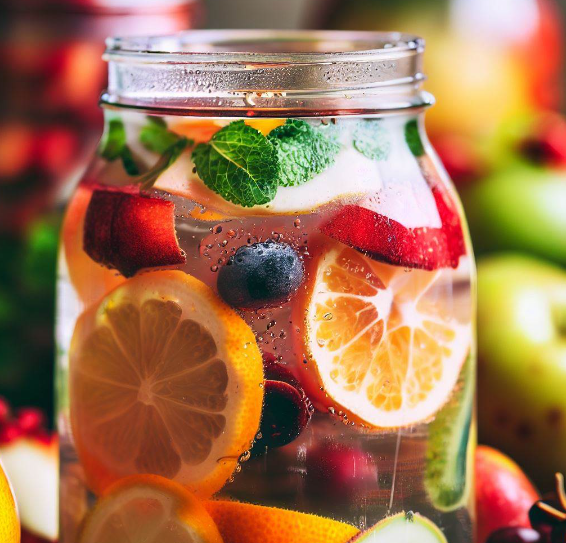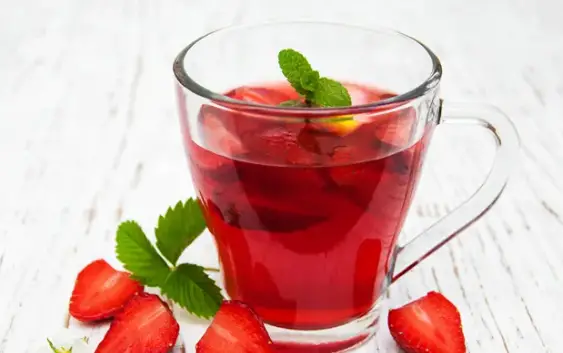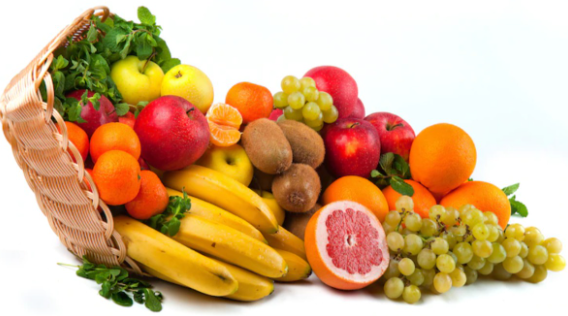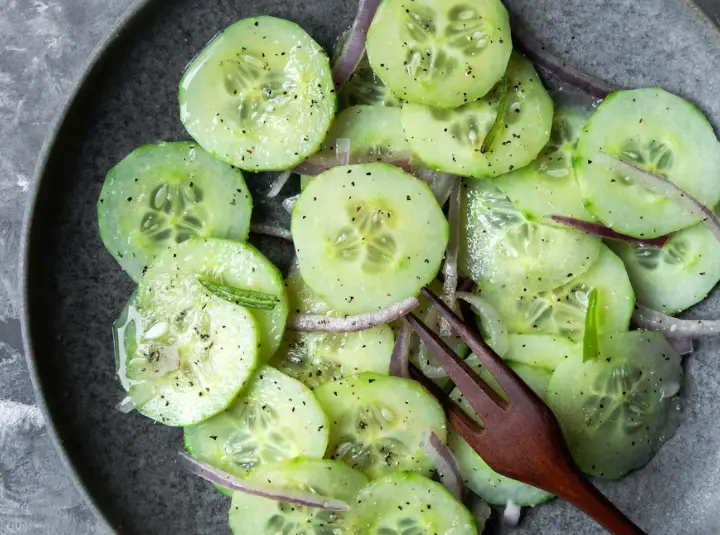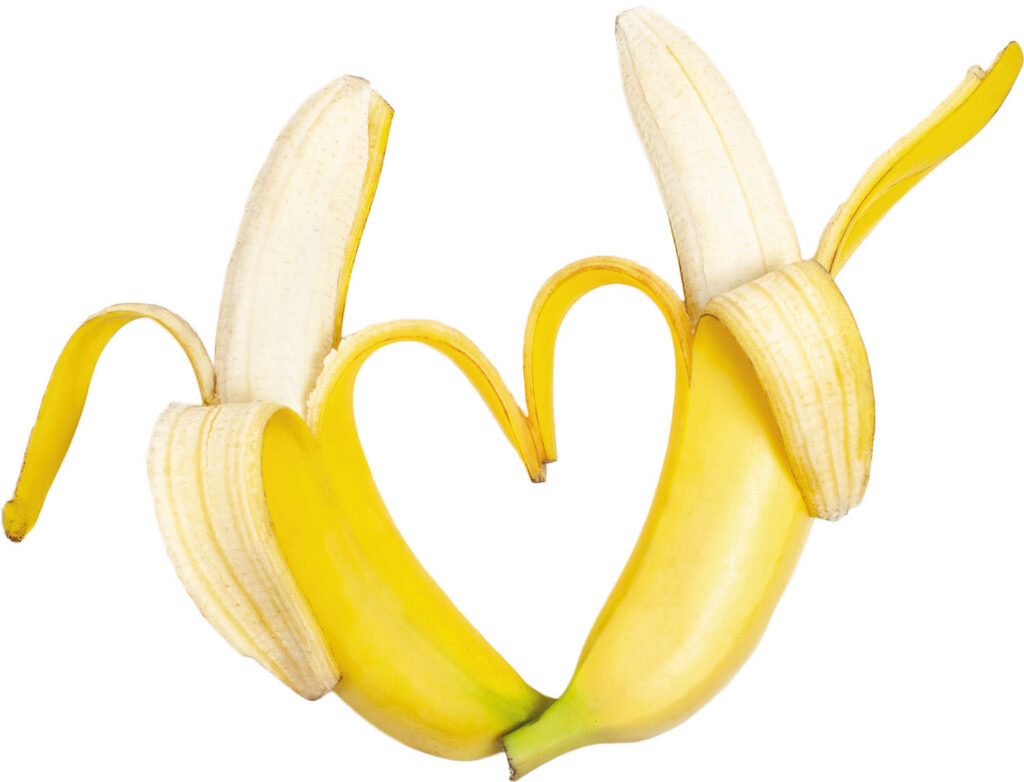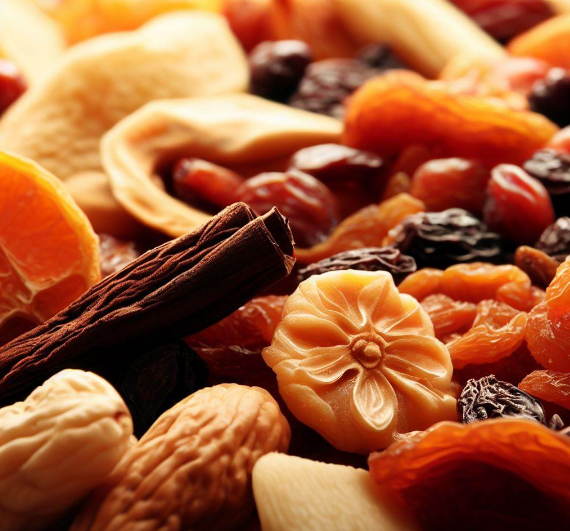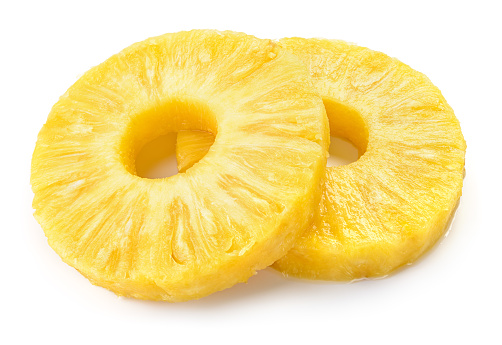Guinea pigs are cute and friendly pets that need the right food to be healthy and cheerful.
If you’re taking care of a guinea pig, you might wonder if it’s okay to feed them raspberries. In this detailed guide, we’ll talk about everything to do with guinea pigs and raspberries.
We’re going to look at the good things raspberries can offer to your guinea pig, how many raspberries are safe, and things to watch out for. Ready to find out more about this yummy snack for your guinea pig? Let’s get started!
Table of Contents
- Is It Safe for Guinea Pigs to Eat Raspberries?
- How Much Food Should Guinea Pigs Have?
- Can guinea pigs eat raspberry leaves?
- Can guinea pigs drink raspberry juice?
- Can guinea pigs have frozen raspberries?
- Is it okay for guinea pigs to eat dried raspberries?
- Should guinea pigs eat canned raspberries?
- How Raspberries Can Be Good for Guinea Pigs
- What to Keep in Mind When Feeding Raspberries to Guinea Pigs
- Feeding Raspberries to Guinea Pigs
- Final Thoughts
Is It Safe for Guinea Pigs to Eat Raspberries?
Raspberries can be a healthy snack for your guinea pig. They have lots of Vitamin C, fiber, potassium, and useful nutrients. But because raspberries have a lot of sugar, you should give them to your guinea pig only once in a while.
A simple way to remember is to give your guinea pig just one or two raspberries each week as a special treat. Always wash them well before giving them. Treats like raspberries are good for your guinea pig but remember to give them in small amounts.
How Much Food Should Guinea Pigs Have?
Guinea pigs need to eat a lot of fiber but not much fat or sugar. Usually, an adult guinea pig should eat about 1/8 to 1/4 cup of fresh veggies every day. They also need to have much hay to munch on and just a little bit of food pellets. Don’t forget to always give them clean water to drink as well.
Each guinea pig is different, so some might need more or less food than others. This can depend on their age, their weight, and how healthy they are. Pregnant or nursing guinea pigs might need different food too.
Watch how your guinea pig eats and check their weight to see if you’re feeding them the right amount. If your guinea pig is getting too heavy, you may need to change their diet a little.
Can guinea pigs eat raspberry leaves?
Absolutely, guinea pigs can munch on raspberry leaves. They are great because they have fiber and other nutrients. You can give your guinea pig fresh raspberry leaves or the dried ones, and they will really enjoy it.
Can guinea pigs drink raspberry juice?
It’s not a good idea to give your guinea pig raspberry juice since it’s loaded with sugar and doesn’t have the fiber and other stuff guinea pigs need to stay healthy.
Can guinea pigs have frozen raspberries?
Guinea pigs can have frozen raspberries, but make sure you thaw them first and let them warm up to room temperature. They can be a cool treat when it’s hot outside.
Is it okay for guinea pigs to eat dried raspberries?
Dried raspberries can be given to guinea pigs now and then, but only a little at a time because they’re really sugary. Try to find unsweetened, natural dried raspberries and stay away from ones that have extra stuff added to them.
Should guinea pigs eat canned raspberries?
Keep canned raspberries away from guinea pigs. They usually have lots of extra sugar or syrup that’s not good for them. Stick with fresh or thawed frozen raspberries for a healthy snack.
How Raspberries Can Be Good for Guinea Pigs
Raspberries have lots of nutrients that can be really good for your guinea pig. Here’s what they can do:
- Vitamin C: They’re a yummy way to give your guinea pig vitamin C, which they can’t make by themselves. Just a cup of raspberries can have about half of what they need each day.
- Fiber: They have lots of fiber, which helps keep your guinea pig’s tummy happy and makes sure they don’t get bloated or constipated.
- Antioxidants: They’ve got antioxidants that help fight off damage in the body, keeping your pet healthy and less likely to get sick.
- Low Fat:They don’t have much fat, which is good because it means your guinea pig won’t easily become overweight, which can cause health problems.
- Hydration:They have a lot of water in them, which is great because it helps your guinea pig drink enough and prevents kidney stones.
In short, giving raspberries to your guinea pig can be very helpful, as long as you don’t overdo it.
What to Keep in Mind When Feeding Raspberries to Guinea Pigs
Even though raspberries can be healthy, there are a few things you should watch out for when giving them to your guinea pig. Let’s take a look at what those are.
Guinea pigs can enjoy raspberries as a special treat. Take a look at the things you should be aware of:
- Sweetness: Raspberries are quite sweet because they have a lot of sugar in them. If guinea pigs eat too much sugar, it can lead to stomach upsets, getting overweight, and other health issues.
- Clean them well: It’s very important to wash raspberries well before giving them to your guinea pig. This gets rid of any chemicals, like pesticides, that might be on the berries and could harm your pet.
- Make them small: Break the raspberry into little bits or squash it up before you feed your guinea pig. Their throats are tiny, so they could choke on big pieces.
- Check for allergies: Watch your guinea pig for any bad reactions, like scratching, red spots, or puffiness around their mouth or face after they eat raspberries. If these show up, stop giving them raspberries.
Raspberries might be a tasty extra for your guinea pig’s diet. Give them these treats carefully and not too often to avoid any health problems. If you’re unsure or have worries about feeding your guinea pig raspberries, ask your vet for advice.
Feeding Raspberries to Guinea Pigs
Here’s how to give raspberries to your furry friend:
- Clean the berries: Always wash raspberries well to get rid of any dirt or chemicals.
- Size matters: Cut raspberries into small pieces or mash them up to prevent your guinea pig from choking.]);
- Only as a treat: Raspberries should be given sometimes and not all the time because of their sugar content.
- Go fresh: Only give fresh raspberries and take out any pieces that your guinea pig doesn’t eat straight away to avoid them going bad.
- Watch for reactions: Keep an eye out for signs of allergies and if you see any, stop feeding raspberries to your guinea pig and check with a vet.
With these tips, you can safely include raspberries in your guinea pig’s menu. They’re full of vitamins and other good stuff that can be healthy for your pet when eaten the right way.
Final Thoughts
Raspberries can be a sweet snack for your guinea pig if you don’t give them too many.
These berries are rich in vitamin C and fiber which can be good for your pet. But it’s important to wash the fruit and serve it in tiny pieces to your guinea pig. Never give them canned raspberries or raspberry juice because they’re too sugary and not healthy for them. If you’re not sure about what to feed your guinea pig or how to do it, the best thing to do is to talk to a vet first.
By being careful and paying attention, you can include raspberries as a fun and nutritious treat in your guinea pig’s diet.
